Tinevimbo Chibagidi and Brenna Matendere
It has never rained—but poured—for Zimbabwe’s primary and secondary education.
And the “weatherman” says it will take a long while for the downpour to subside, if ever.
When the economy went on a free fall at the turn of the millennium, teachers and, by implication, learners were on the receiving end.
Government struggled to pay teachers on time. When it did, the teachers felt they were being viewed and treated like monkeys because the salaries were peanuts.
Then came the wave of industrial action. Teachers stayed away from the classroom or just went to the staffroom to moan about how they had been reduced to the small apes swinging from one dry branch to another.
When teachers stay away, learners are kept out because there is no-one to teach them.
The situation got worse as inflation galloped. By 2008, a teacher’s monthly salary could not buy a needle to sew up a torn shirt.
At that time, degreed teachers poured onto the streets to survive. They joined the informal sector to vend cigarettes, sweets, vegetables and all the other trinkets available.
Overnight, they were hustling for customers with their products who had either dropped out of school or had produced a chain of ungraded results at O-level.
When their current students saw them hustling like that, they were confused at first. Then the learners lost respect for the teachers and, in the process, shed the zeal for formal education.
For how could a teacher sell cigarettes and tomatoes like that? Where, then, was the value of going to school?
The situation relatively improved between 2009 and 2013 when the ruling Zanu PF was forced into a coalition government with the main opposition after widely discredited presidential election in 2008.
Since the economy was dollarised and became stable, teachers were now being paid in US dollars and life became easier for them.
A good number of them even managed to buy cars and residential stands using loans they got from the government.
But the romance was short-lived.
In 2013, Zimbabwe went to elections. Zanu PF and its presidential candidate—the late Robert Mugabe—won with “landslide” results. The results, though, were disputed and the economy went down the steep slope once again.
Three years after the elections, the government decided to bring back the discredited Zimbabwean dollar, and that worsened the plight of the teachers.
Conditions for teachers have been depreciating acutely since then.
Then came the Covid-19 pandemic, which hit Zimbabwe in early 2000.
Schools were shut down and learners as well as their teachers were forced to stay home, literally doing nothing as they waited for Goddot.
In other words, the pandemic pushed the school calendar back by more than a year. Examinations were forced, but the students had hardly learnt anything.
There was some relief this year when the pandemic subsided significantly. Teachers and learners returned to school, but the former were not in the mood to teach because their working conditions remained deplorable.
The crisis continues as demonstrated by recent events.
Where learners are concerned, there is a storm brewing over government’s recent decision to hike examination fees.
The Amalgamated Rural Teacher’s Union of Zimbabwe (ARTUZ) has condemned the Zimbabwe School Examination Council’s (ZIMSEC) fees hike, which could force a substantial number of candidates failing to sit this year.
Last year, statistics show, about 50 percent of candidates failed to sit for their examinations due to a variety of factors that included inability to raise the required amounts.
Parents and guardians are already suffering the pangs of a once-again inflationary economy and can barely afford the hikes, let alone the tuition fees.
The ARTUZ spokesperson, Thembakhuye Moyo, described the hike as unjustified.
“As ARTUZ, we condemn the ZIMSEC hike in exam fees. Considering the inflation and daily rise of basic commodities and everything else, the hike is not justified…We predict that 55 percent to 60 percent of candidates will fail to register for their examinations,” said Moyo.
The examination fees per subject for Ordinary level candidates in 2021 was ZW$1, 648.
The candidates would pay ZW$742 while the government covered the remaining ZW$906.
According to a recently circular sent out by ZIMSEC, the examination fees for O-level candidates is up to $3 600 per subject, a hike of more than 200 percent.
Grade 7 examination candidates will pay $4 388 while the government will pay a subsidy of $5 362, giving a total of $9 750. This total will cover all the subjects.
From $1 080 per subject last year A-level candidates for the 2022 sitting classes will be paying $3 240 while the government will fork out $3 960, bringing the total per subject to $7 200.
| Examination Level | Portion paid by candidate (ZWL) | Government subsidy (ZWL) | Total exam fees (ZWL) |
| Grade 7 | $4 388.00 | $5 362.00 | $9 750.00 |
| Ordinary level | $1 620.00 | $1 980.00 | $3 600.00 (per subject) |
| Advanced level | $3 240.00 | $3 960.00 | $7 200.00 (per subject) |
The government subsidy covers only seven subjects at O-level and four subjects at A-level.
The Progressive Teachers Union of Zimbabwe (PTUZ) is fuming about the new examination fees too.
In a recent letter to the Primary and Secondary Education ministry, the PTUZ appealed to the government to revise the new fees structure downward.
In the same letter, it provided statistics that the union said, showed that registered candidates have been falling steeply since 2017.
According to PTUZ, ZIMSEC O-level candidature dropped by a staggering 51% from 332 473 in 2017 to 163 179 in 2021.
Grazers News discovered that examination fees have increasing significantly in the past two years.

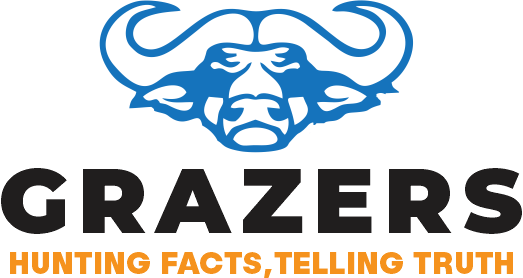

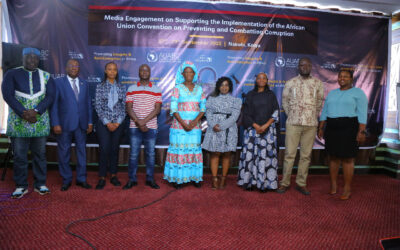



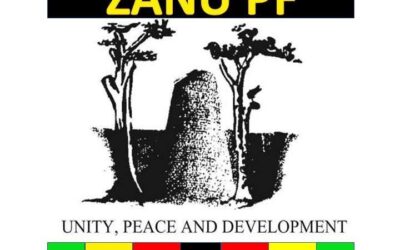
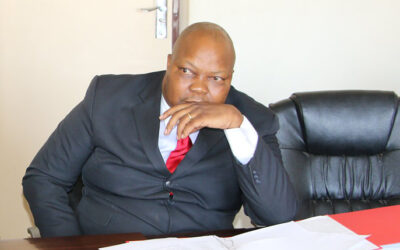
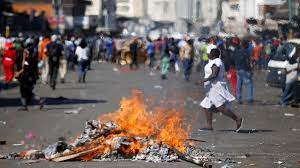
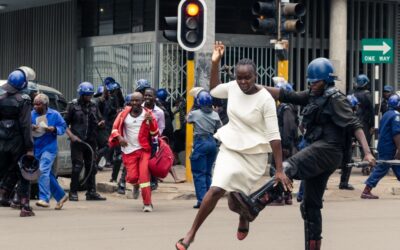
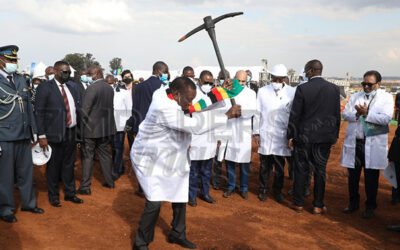
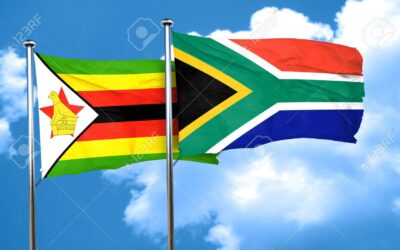
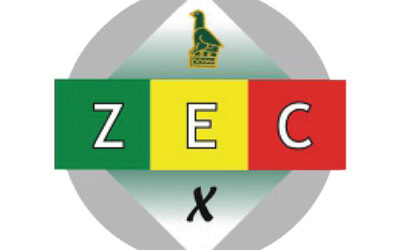
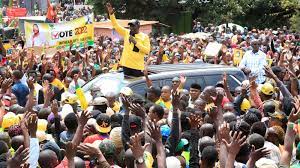
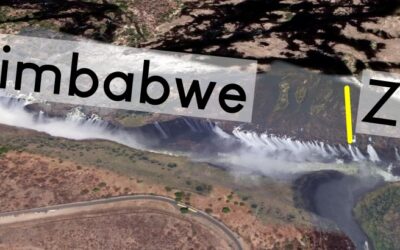
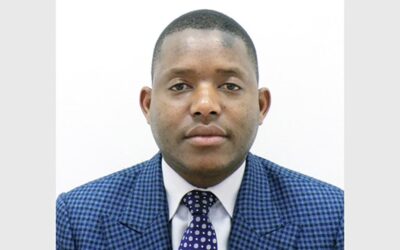
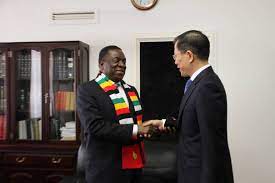
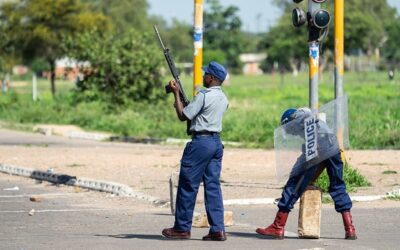
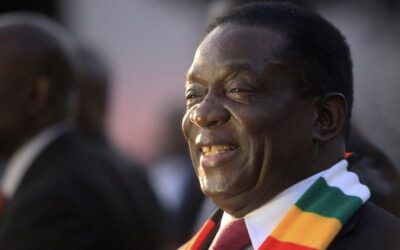
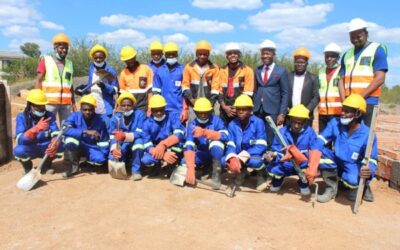
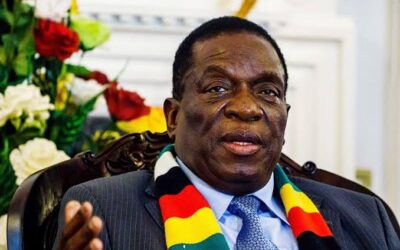
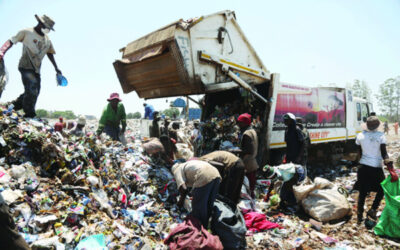
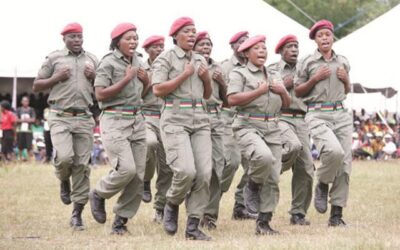
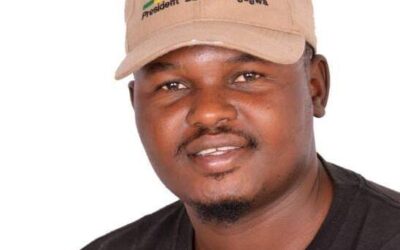

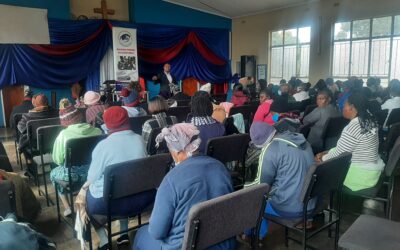
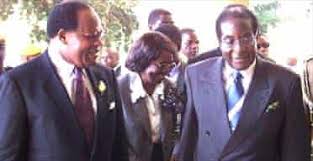
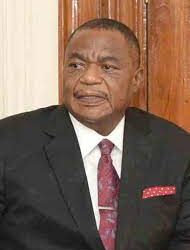
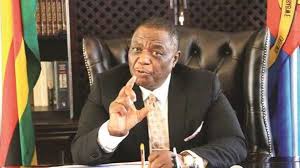

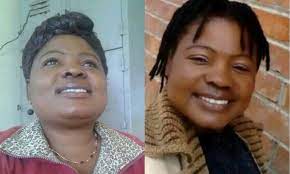
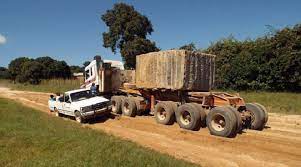
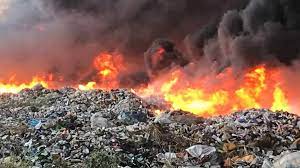



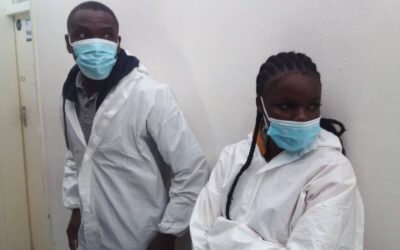
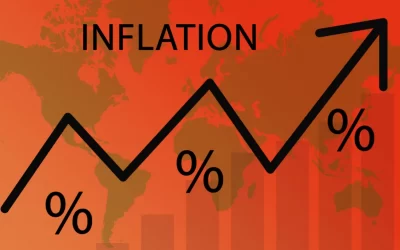
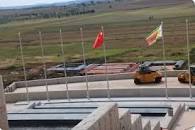
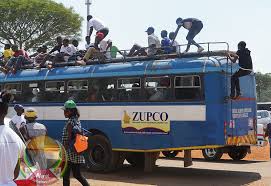
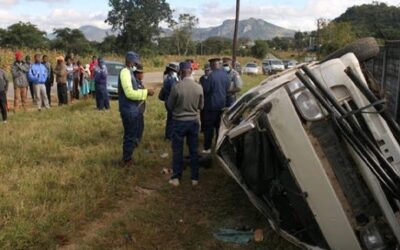
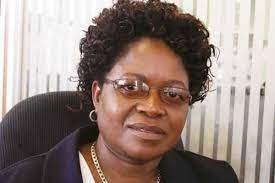

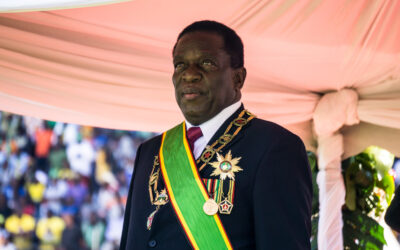
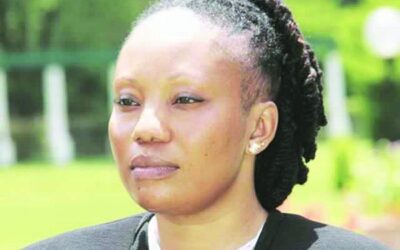
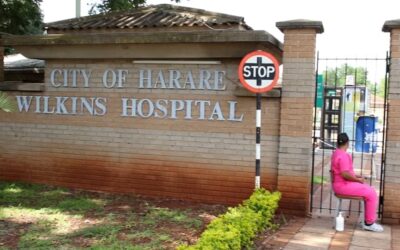

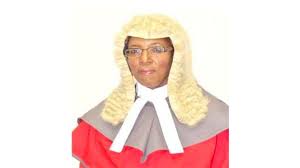

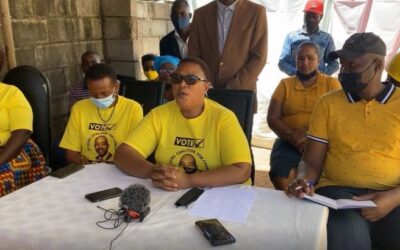
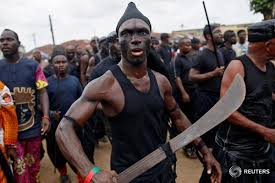
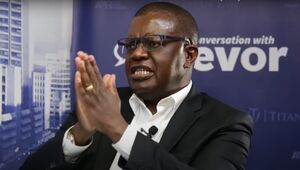

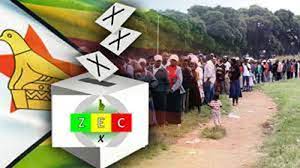
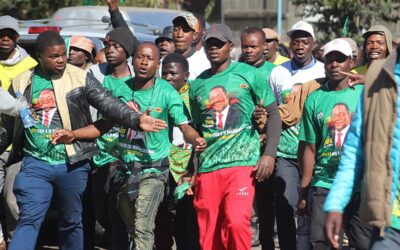

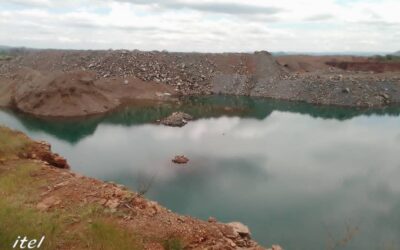
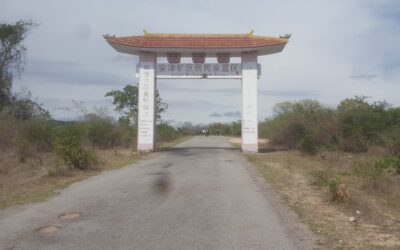
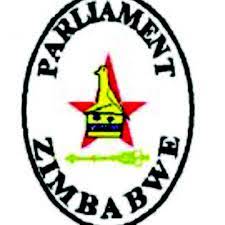
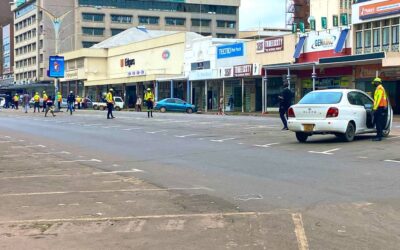
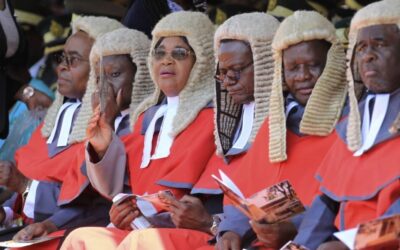

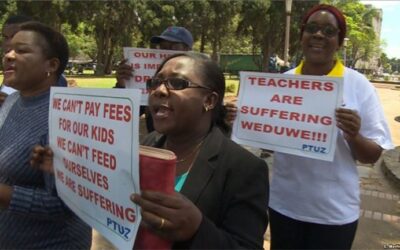
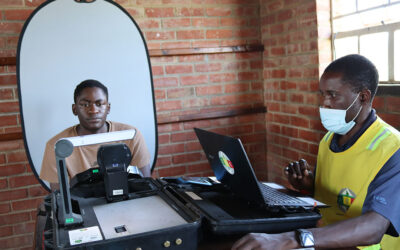
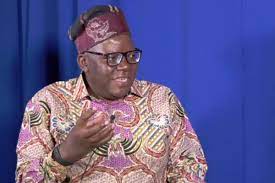
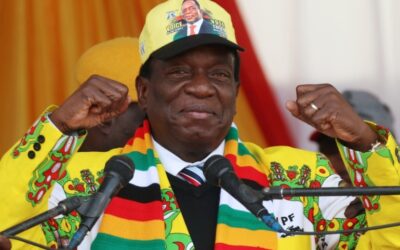
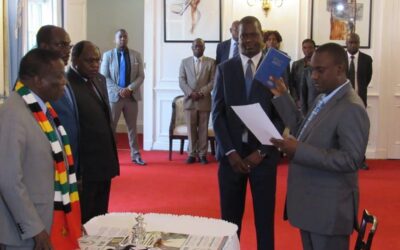

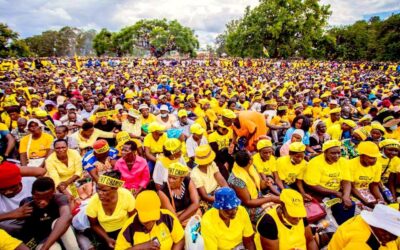
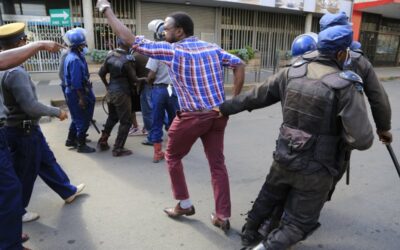
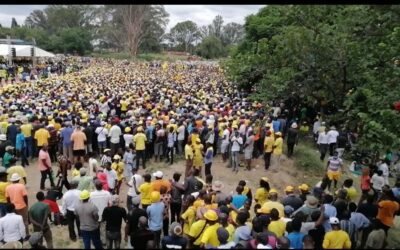
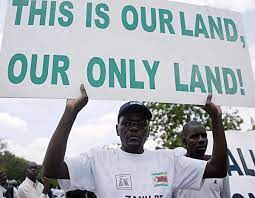
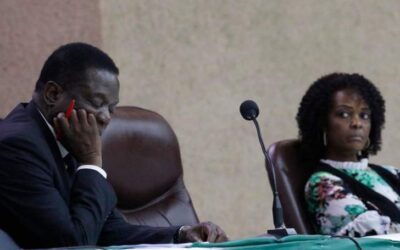
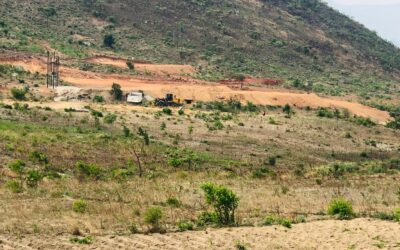
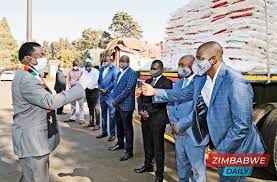

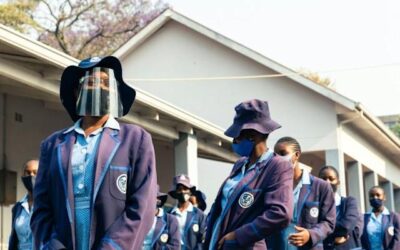
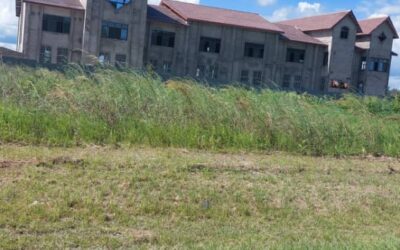
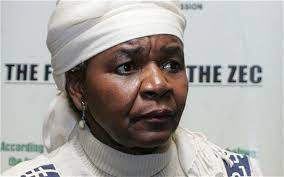
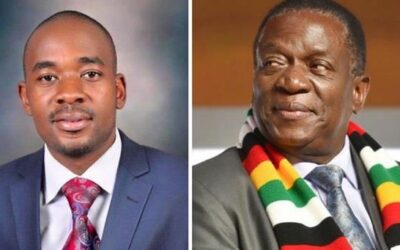
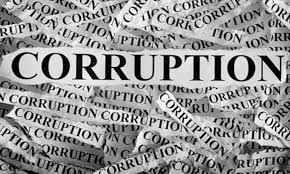
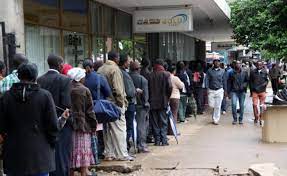
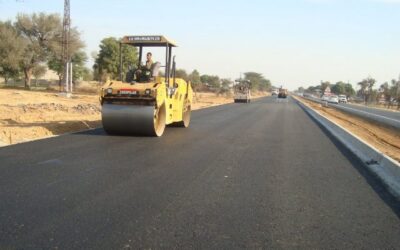




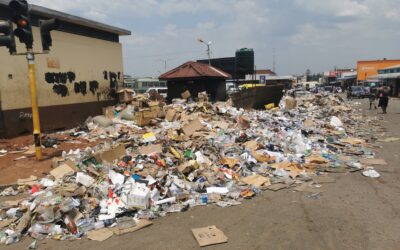
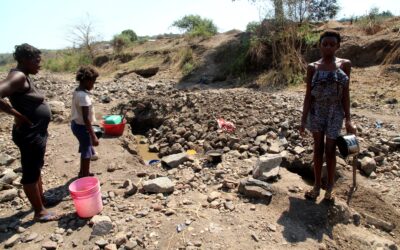

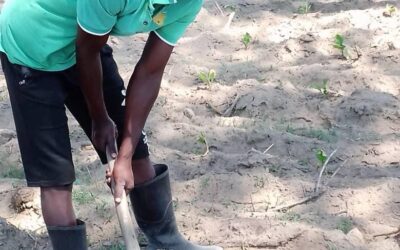



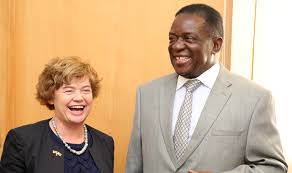

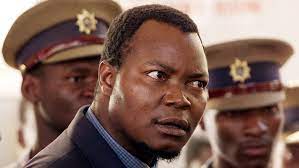

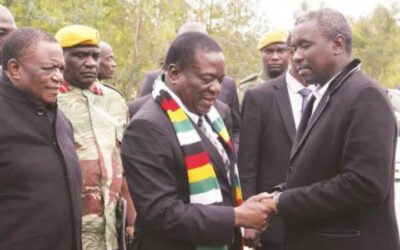
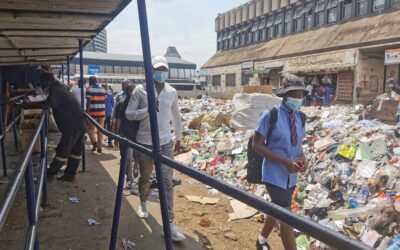
0 Comments